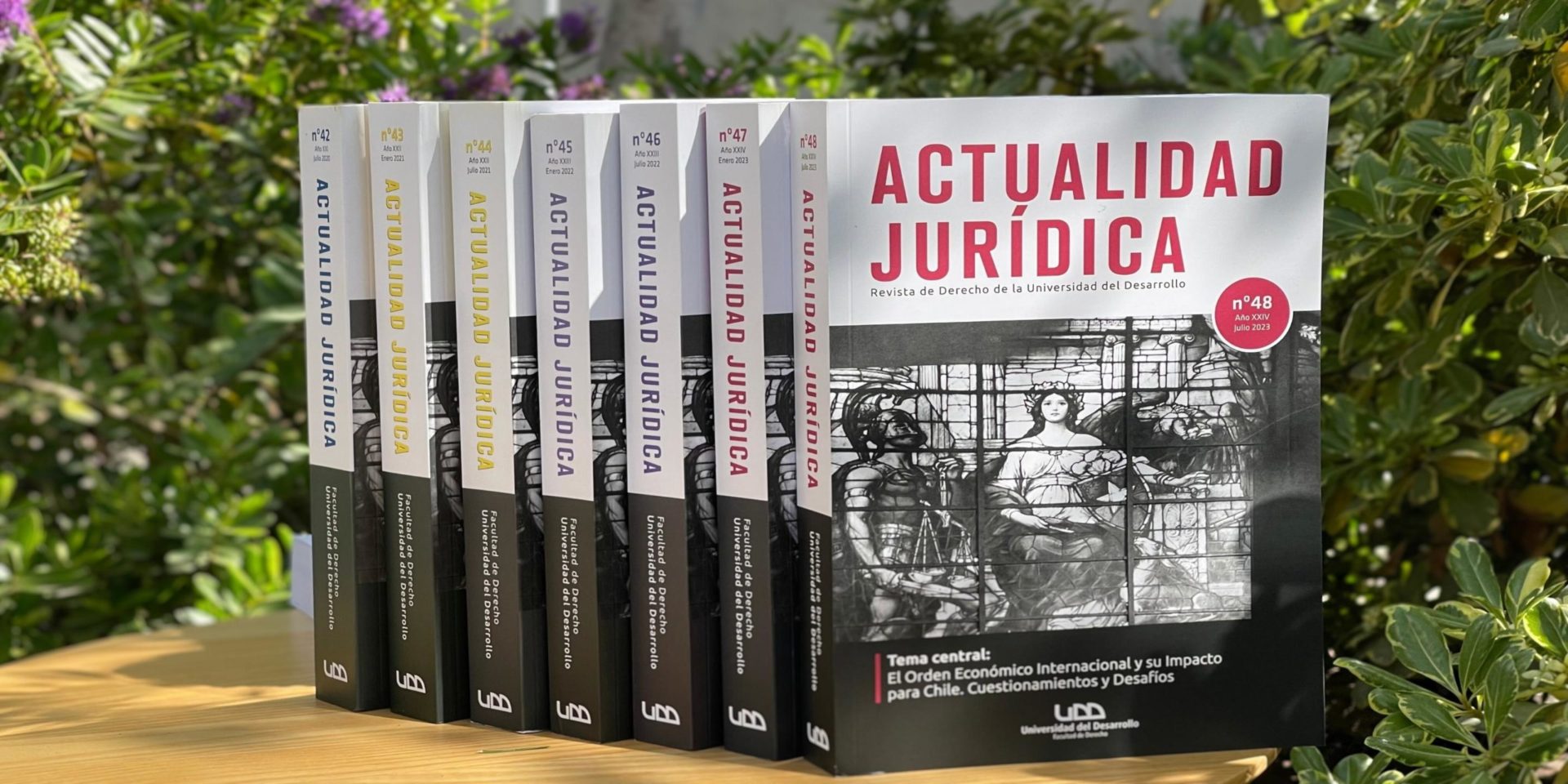¿Es la «doctrina de las constituciones inconstitucionales» un instrumento útil para preservar la democracia en contextos de fragilidad institucional?
Resumen
Este ensayo distingue la doctrina de las constituciones inconstitucionales (DCI) de la doctrina de la reforma constitucional inconstitucional (DRCI). El autor profundiza la primera (que ha recibido menos atención en la literatura) y argumenta que, al igual que DRCI, la DCI también puede cumplir una función alternativa y contradictoria: Por un lado, puede ser útil para contribuir a fortalecer o preservar la competitividad del sistema político y, por otra parte, ella también puede servir para profundizar o justificar procesos de deterioro democrático (‘democratic backsliding’ o ‘democratic erosion’). Para evaluar el uso de la DCI, y entender si ella fortalece o deteriora el sistema democrático, debe prestarse atención a las circunstancias concretas del caso específico. Los ejemplos examinados en este ensayo, sugieren que un elemento relevante para lo anterior consiste en identificar si la DCI se ejerce en contra de los intereses de un gobierno incumbente, o si ella es utilizada a favor de las aspiraciones políticas del mismo. Este ensayo concluye argumentando que la DCI puede contribuir a preservar la competitidad del sistema democrático cuando dicha doctrina ataca un precepto específico de una constitución, y se dirige contra un gobierno incumbente. La DCI puede ser utilizada para garantizar la posibilidad de alternancia en el poder cuando se dirige contra el gobierno de turno, o para hacer más difícil la alternancia en el poder cuando ella favorece de los intereses de dicho gobierno.
Abstract
This essay distinguishes the doctrine of unconstitutional constitutions from the doctrine of unconstitutional constitutional reform. The author explores the first one (which has received less attention in the literature) and argues that, like the unconstitutional doctrine of constitutional reform, the doctrine of unconstitutional constitutions can also fulfill an alternative and contradictory function: On the one hand, it can be useful to help strengthen or preserve the competitiveness of the political system and, on the other hand, it can also serve to deepen or justify processes of democratic erosion or democratic backsliding. If we want to evaluate the use of the unconstitutional constitutional doctrine from a democratic perspective, we need to understand the specific circumstances of the particular cases. The examples of this essay suggest that one relevant consideration for evaluating how useful the doctrin of unconstitutional constitution is for preserving democracy, is to identify whether that doctrine goes against the interests of the incumbent regime, or whether that doctrine favors the political aspirations of that regime’s leaders. This essay concludes arguing that the doctrine of unconstitutional constitutions might contribute to preserve the competitiveness of the democratic system when that doctrine targets a specific constitutional rule, against the interests of the incumbent government. The doctrine could be used to guarantee the possibility of alternation in power when it targets the incumbent regime, or it could deteriorate the possibility of alternation in power when it favors the interests of such regime.
